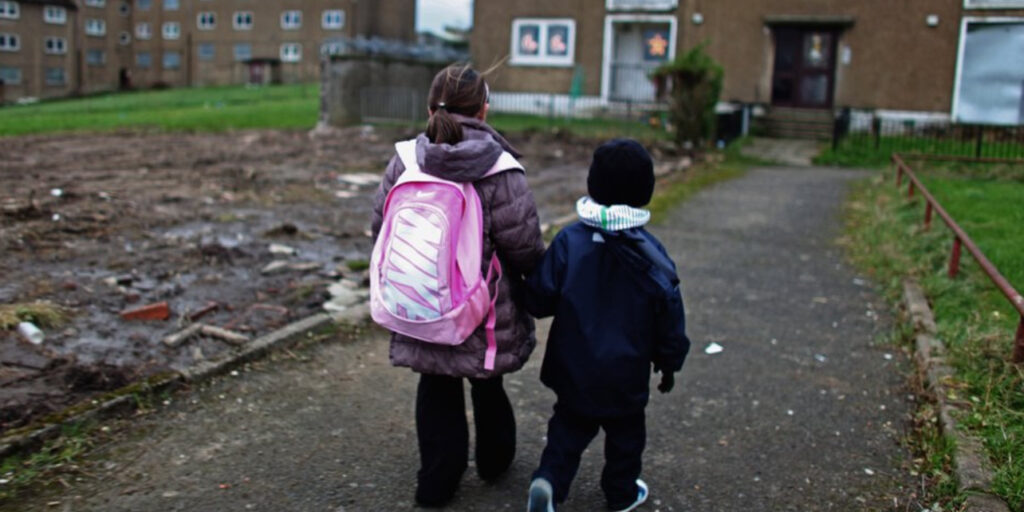Nearly one in three children in Britain are now living in relative poverty, according to the latest data from the Department for Work and Pensions (DWP).
The figures reveal that an estimated 4.5 million children, or 31%, are in households earning less than 60% of the national median income. This marks a rise from 27% in 2020-21, highlighting growing financial struggles among families.
Relative poverty measures households with incomes significantly lower than the national average, making it harder for families to afford essentials such as food, housing, and energy bills.
The rise in child poverty has raised concerns among economists and charities, who warn that further welfare cuts and slow wage growth could make the situation even worse.
Experts say that the increase in child poverty is linked to a combination of factors, including the rising cost of living, stagnant wages, and government policies on welfare support.
Many low-income families are struggling to cope with higher energy bills, food prices, and rent costs, pushing more children into hardship.
Adam Corlett, principal economist at the Resolution Foundation, said the figures highlight the severe deprivation faced by millions of families.
He warned that upcoming benefit cuts and weak wage growth could reduce incomes for the poorest half of working-age households by £500 over the next five years.
Campaigners are urging the government to take urgent action to address child poverty. Many are calling for reforms, including scrapping the two-child benefit limit, removing the benefit cap, and expanding Free School Meals to support more low-income families.
The rise in child poverty comes amid broader concerns about living standards in the UK. Charities and opposition parties have criticised the government’s approach, arguing that more investment is needed to provide financial security for struggling families.
As the cost of living crisis continues, pressure is mounting on policymakers to introduce stronger measures to reduce child poverty and ensure that all children have access to basic necessities.


